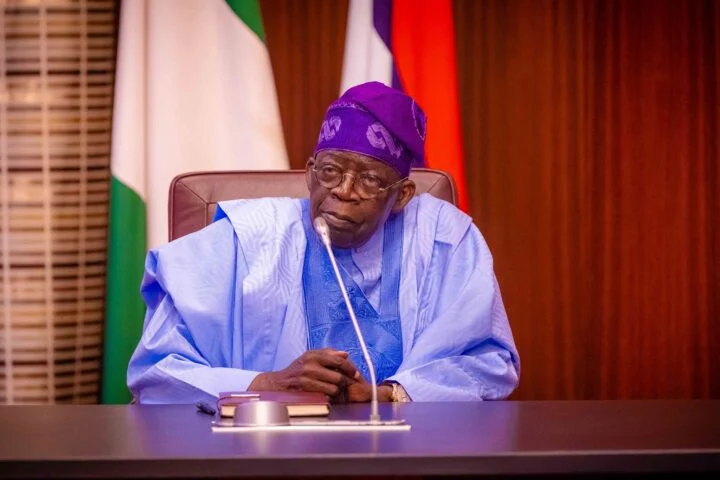NEWS
BREAKING: Tinubu grants more powers to Ministers of state

President Bola Tinubu has approved a significant policy shift, granting ministers of state full authority to oversee the agencies and departments under their supervision.
Previously, permanent secretaries would send files related to the departments and agencies under a minister of state’s supervision to senior ministers for final approval.
This system limited the decision-making capabilities of ministers of state, effectively reducing their roles to nominal positions.
According to a source from the office of the head of service of the federation who spoke with The Cable, President Tinubu expressed dissatisfaction with the previous structure, which he believed resulted in the “underutilisation of the expertise and capabilities” of ministers of state.
“The president was not pleased with the prevailing governing framework in which ministers of states were just ministers in name,” the official disclosed.
The new directive enables ministers of state to grant all necessary administrative approvals, allowing them to make decisions and direct actions within their areas of responsibility.
This move is aimed at “unleashing” the potential of all cabinet members, ensuring a more efficient governance process.
Tinubu’s cabinet comprises 48 ministers, of which 16 hold junior positions. The ministries affected by the new directive include agriculture and food security, defence, education, the Federal Capital Territory (FCT), foreign affairs, health, petroleum (oil and gas), humanitarian and poverty reduction, and women affairs.
Other ministries impacted are works, regional development, labour and employment, finance, trade and investment, and housing and urban development.





























